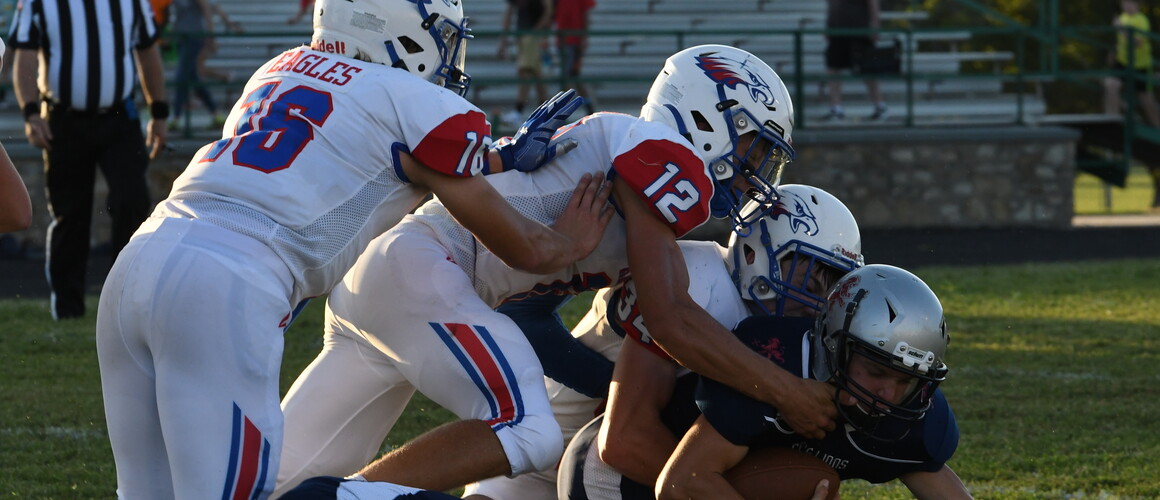Acceptable Use of Computers and Networks agreement
Board Policy
IIBG COMPUTER USE (See GAA and JCDA)
Use of District Computers/Privacy Rights Computer systems are for educational and professional use only. All information created by staff and students shall be considered district property and shall be subject to unannounced monitoring by district administrators. The district retains the right to discipline any student, up to and including expulsion, and any employee, up to and including termination, for violations of this policy.
Copyright (See ECH) Software acquired by staff using either district or personal funds, and installed on district computers, must comply with copyright laws. Proof of purchase (copy or original) must be filed in the district office.
Installation No software, including freeware or shareware, may be installed on any district computer until cleared by the network administrator. The administrator will verify the compatibility of the software with existing software and hardware and the administrator will also prescribe installation and de-installation procedures. Freeware and shareware may be downloaded only onto workstation floppy disks, not hard drives. Program files must have the Superintendent’s approval to be installed on any district server or computer. Students shall not install software on district computers or computer systems.
Hardware Staff shall not install unapproved hardware on district computers,
or make changes to software settings that support district hardware.
IIBG Computer Materials
Audits The administration may conduct periodic audits of software installed
on district equipment to verify legitimate use.
Privacy Rights Employees and/or students shall have no expectation of privacy when using district e-mail or other official communication systems. Any e-mail or computer application or information in district computers or computer systems is subject to monitoring by the administration.
Ownership of Employee/Student-Produced Computer Materials Computer materials or devices created as part of any assigned district responsibility or classroom activity undertaken on school time shall be the property of the board. The board's rules governing ownership of employee or student-produced computer materials are on file with the clerk and are available upon request.
Use of District Computers/Privacy Rights
Computer systems are for educational and professional use only. All information created by staff and students shall be considered district property and shall be subject to unannounced monitoring by district administrators. The district retains the right to discipline any student, up to and including expulsion and any employee, up to and including termination, for violations of this policy.
Copyright (See ECH)
Software acquired by staff using either district or personal funds, and installed on district computers, must comply with copyright laws. Proof of purchase (copy or original) must be filed in the district office
Installation
No software, including freeware or shareware, may be installed on any district computer until cleared by the network administrator. The administrator will verify the compatibility of the software with existing software and hardware, and prescribe installation and de-installation procedures. Freeware and shareware may be downloaded only onto workstation floppy disks, not hard drives. Program files must have the Superintendent’s approval to be installed on any district server or computer. Students shall not install software on district computers or computer systems.
Hardware
Staff shall not install unapproved hardware on district computers,
or make changes to software settings that support district hardware.
Audits
The administration may conduct periodic audits of software installed
on district equipment to verify legitimate use.
Privacy Rights
Employees and/or students shall have no expectation of privacy when using district e-mail or other official communication systems. Any e-mail or computer application or information in district computers or computer systems is subject to monitoring by the administration.
Ownership of Employee/Student-Produced Computer Materials
Computer materials or devices created as part of any assigned district responsibility or classroom activity undertaken on school time shall be the property of the board. The board's rules governing ownership of employee or student-produced computer materials are on file with the clerk and are available upon request.
Unified School District # 113 – Prairie Hills – Kansas Law
K.S.A. 21‑3755. Computer crime; criminal computer access.
(a) As used in this section, the following words and phrases shall have the meanings respectively ascribed thereto:
(1) "Access" means to approach, instruct, communicate with, store data in, retrieve data from, or otherwise make use of any resources of a computer, computer system or computer network.
(2) "Computer" means an electronic device which performs work using programmed instruction and which has one or more of the capabilities of storage, logic, arithmetic or communication and includes all input, output, processing, storage, software or communication facilities which are connected or related to such a device in a system or network.
(3) "Computer network" means the interconnection of communication lines, including microwave or other means of electronic communication, with a computer through remote terminals, or a complex consisting of two or more interconnected computers.
(4) "Computer program" means a series of instructions or statements in a form acceptable to a computer which permits the functioning of a computer system in a manner designed to provide appropriate products from such computer system.
(5) "Computer software" means computer programs, procedures and associated documentation concerned with the operation of a computer system.
(6) "Computer system" means a set of related computer equipment or devices and computer software which may be connected or unconnected.
(7) "Financial instrument" means any check, draft, money order, certificate of deposit, letter of credit, bill of exchange, credit card, debit card or marketable security.
(8) "Property" includes, but is not limited to, financial instruments, information, electronically produced or stored data, supporting documentation and computer software in either machine or human readable form.
(9) "Services" includes, but is not limited to, computer time, data processing and storage functions and other uses of a computer, computer system or computer network to perform useful work.
(10) "Supporting documentation" includes, but is not limited to, all documentation used in the construction, classification, implementation, use or modification of computer software, computer programs or data.
(b) Computer crime is:
(1) Intentionally and without authorization gaining or attempting to gain access to and damaging, modifying, altering, destroying, copying, disclosing or taking possession of a computer, computer system, computer network or any other property;
(2) using a computer, computer system, computer network or any other property for the purpose of devising or executing a scheme or artifice with the intent to defraud or for the purpose of obtaining money, property, services or any other thing of value by means of false or fraudulent pretense or representation; or
(3) intentionally exceeding the limits of authorization and damaging, modifying, altering, destroying, copying, disclosing or taking possession of a computer, computer system, computer network or any other property.
21-3755 p 2
(c) (1) Computer crime which causes a loss of the value of less than $500 is a class A nonperson misdemeanor.
(2) Computer crime which causes a loss of the value of at least $500 but less than $25,000 is a severity level 9, nonperson felony.
(3) Computer crime which causes a loss of the value of $25,000 or more is a severity level 7, nonperson felony.
(d) In any prosecution for computer crime, it is a defense that the property or services were appropriated openly and avowedly under a claim of title made in good faith.
(e) Criminal computer access is intentionally, fraudulently and without authorization gaining or attempting to gain access to any computer, computer system, computer network or to any computer software, program, documentation, data or property contained in any computer, computer system or computer network. Criminal computer access is a class A nonperson misdemeanor.
(f) This section shall be part of and supplemental to the Kansas criminal code.
History: L. 1985, ch. 108, s 1; L. 1992, ch. 298, s 51; L. 1993, ch. 291, s 93; L. 1994, ch. 291, s 34; July 1.
Unified School District # 113 – Prairie Hills
‘Netiquette’ on the Internet
All users of the Unified School District 113 – Prairie Hills computers and networks are expected to abide by the generally accepted rules of network etiquette (netiquette). Informal rules of behavior have evolved for the use of and communication on the Internet and other on-line services. These rules of behavior include, but are not limited to, the following:
1. Be polite. Do not write or send abusive messages to others.
2. Use appropriate language. Do not swear, use vulgarities or any inappropriate language
3. Do not reveal your personal address or phone numbers or that of other students or colleagues.
4. Note that electronic mail (e-mail) is not guaranteed to be private. People who operate the system do have access to mail. Messages relating to or in support of illegal activities may be reported to the authorities.
5. All communications and information accessible via the network should be assumed to be private property, which is subject to copyright laws.
6. Do not place unlawful information on any network system.
7. Keep paragraphs and messages short and to the point. Focus on one subject per message.
8. Do not use the network in such a way that would disrupt the use of the network by other users (e.g., downloading very large files during prime time; sending mass e-mail messages)
9. Do not give your password or access codes to anyone else, as they are your responsibility.
Unified School District # 113 – Prairie Hills
Consequences of Violation of Technology Policies
All of the policies and handbook procedures for acceptable use of computers and network are intended to make the computers and networks more useful to students and teachers. They are also intended to minimize the burden of administering the networks, so more time can be spent enhancing services.
Use of the computers for programs, software, e-mail, and to access telecommunications resources is a privilege, not a right. Violations of the policies and procedures of USD # 113 concerning use of computers and networks will result in disciplinary action.
Three levels of punishment may be enforced by the administration. While the levels may be implemented in order, nothing prevents the administration from selecting any step depending on the facts and the severity of the violation.
Examples of possible violations:
- Deliberately accessing a pornographic site/material.
- Altering any system software or another’s personal work, either locally or remotely.
- Using the network maliciously, as with hate mail, harassment, profanity, vulgar statements, or discriminatory remarks.
- Allowing anyone to use an account other than the account holder.
Level 1: Violation:
Student would lose computer privilege/Internet access until a parent conference is held. Any additional loss of privileges as determined by the administration will be discussed in this conference.
Level 2: Pattern of abuse, repeated abuse or flagrant violations:
Student who, after a Level 1 violation, continues to engage in serious or persistent misbehavior by violating the district’s previously communicated written standards of conduct may be removed from any computer/Internet privileges for the remainder of the school year or remaining school years and recommended for suspension.
Level 3: Expellable offense:
Student could be expelled from school if he/she engages in conduct on the Internet that contains the elements of the offense of criminal mischief, as defined by state and federal law. Any student expelled for misuse of technology will also lose computer privileges for the remainder of the school year or school years.




